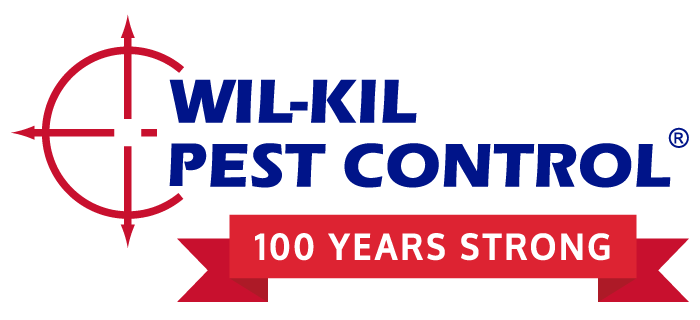Get A Free Quote
It happens more frequently than we realize; we’re at a restaurant or cafe and a fly endlessly buzzes around our food. At your local diner or go-to pizza place you might expect this and not even think twice. But should we? Flies themselves don’t physically harm you but these insects are a major health hazard.
Restaurant and commercial kitchen owners in particular should be the first to know what these seemingly harmless pests can do, and the risks they pose to your brand.
Are Flies a Dangerous Pest?
Cluster flies, house flies and stable flies (among others) are known for spreading at least 200 known pathogens and parasites to humans, ranging from diarrhea to tuberculosis. Flies use decaying matter in virtually every aspect of their life cycle. They breed in and around manure, garbage containers, and decaying vegetables, while feasting on animal feces and kitchen waste as their food source. Their mouths have a spongy nature, which helps them pick up a number of harmful bacteria.
Flies digest their food by liquefying the matter with their saliva. This is how they’re able to transfer harmful bacteria onto your prepared food without leaving a noticeable sign of their presence. Flies inhabiting your kitchen have the potential for a disastrous health outcome for your patrons.
Perhaps the most damage flies have on your restaurant is to your reputation. Not only do flies disrupt a dining experience, but can result in a low audit score and put your guests’ health at risk.
Defending Your Kitchen
In order to evaluate your kitchen’s susceptibility to flies, you must get down to their level. Once you dive in, you might be startled to see how many food sources are littered throughout your restaurant. Fly control for restaurants really comes down to cleanliness. Here are some key tips for fly prevention in restaurants:
Make sure trash is sealed properly and taken out regularly. Trash is the perfect breeding and feeding material for flies.
Tackle the crumbs and food waste. What is tiny to us is ginormous for a fly. These are major fly attractants and can be easily managed with some preemptive work from your staff. This should include thoroughly cleaning dirty drains, sinks, underneath appliances, and staying on top of spills.
Secure the property. This can be a difficult task because flies can fit into such small spaces. Be sure to seal any entry points like doors, windows, vents, etc. Our experts can pick out structural faults that are threats to fly infestations that you might have never considered.
Pesticide application should only be used in severe circumstances and under the direction of a professional. Do not spray any aerosols or similar products around food preparation without first consulting a pest management company.
Instructing Your Staff
Don’t allow your staff to be apathetic to the presence of flies, whether they are seen in the kitchen or reported by a customer. Should a guest notice a fly, your team should compensate accordingly. Staff shouldn’t just rely on customer input, either, and should perform due diligence when spotted in the kitchen, bar, etc.
Wil-Kil offers fly control for restaurants, hotels, and a range of other industries that can be burdened by these pests. Check out our fly control program and our industries served for more information.


